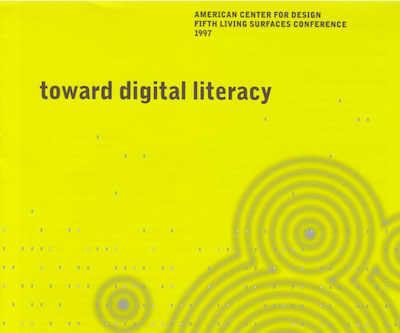Aliza Sherman
Webgrrls: The Tech Gateway for Generation of Women
Written by Erin Malone
One of the best-known organizations for women involved in the web was WebGrrls. While not specifically targeted to web designers, Webgrrls attracted web designers, web developers, programmers, photographers, product managers, and other women who sought community around their interests in the technology of the world wide web.
Founded in January 1995 by Aliza Sherman, Webgrrls International was the networking arm of her company Cybergrrl Internet Media, Inc. Considered one of the first internet startups founded and wholly owned by a woman, Webgrrls became its own entity and spun out of the original Cybergrrl. It was the place to be in the mid-to-late 1990s for women to network and build community with others like themselves. The initial listserv and web presence split up into regional lists as the group grew and local chapters were founded—first in Seattle, then in San Francisco, and then around the country and the world. At one point, there were over 30,000 women who identified as Webgrrls in 100 chapters around the world.[1]
Sherman began the venture when she looked for other women in New York with websites. Five others and Sherman met at a cyber cafe in New York City and the group was born. Sherman spoke about its origin in a talk she gave in 1996 at the San Francisco chapter of Webgrrls, “I finally found this underground group of women at a service called ECHO in New York and also women at Interport in New York, and these sites were creative and colorful. They had personality and a sense of humor, and I said, yeah, this is what I want to do. So, I started to email them, and little by little, we would email back and forth, and I thought, you know, we’re all in New York. Wouldn’t it be nice if we just met?”[2]
Sherman envisioned an organization that would provide women with face-to-face networking, online job lists, classes, and email discussion lists. Before there was Meetup, there was Webgrrls. Located in most major markets, the organization helped hundreds of women find jobs, train on html and web programming, and provided community in an overly male dominated industry.
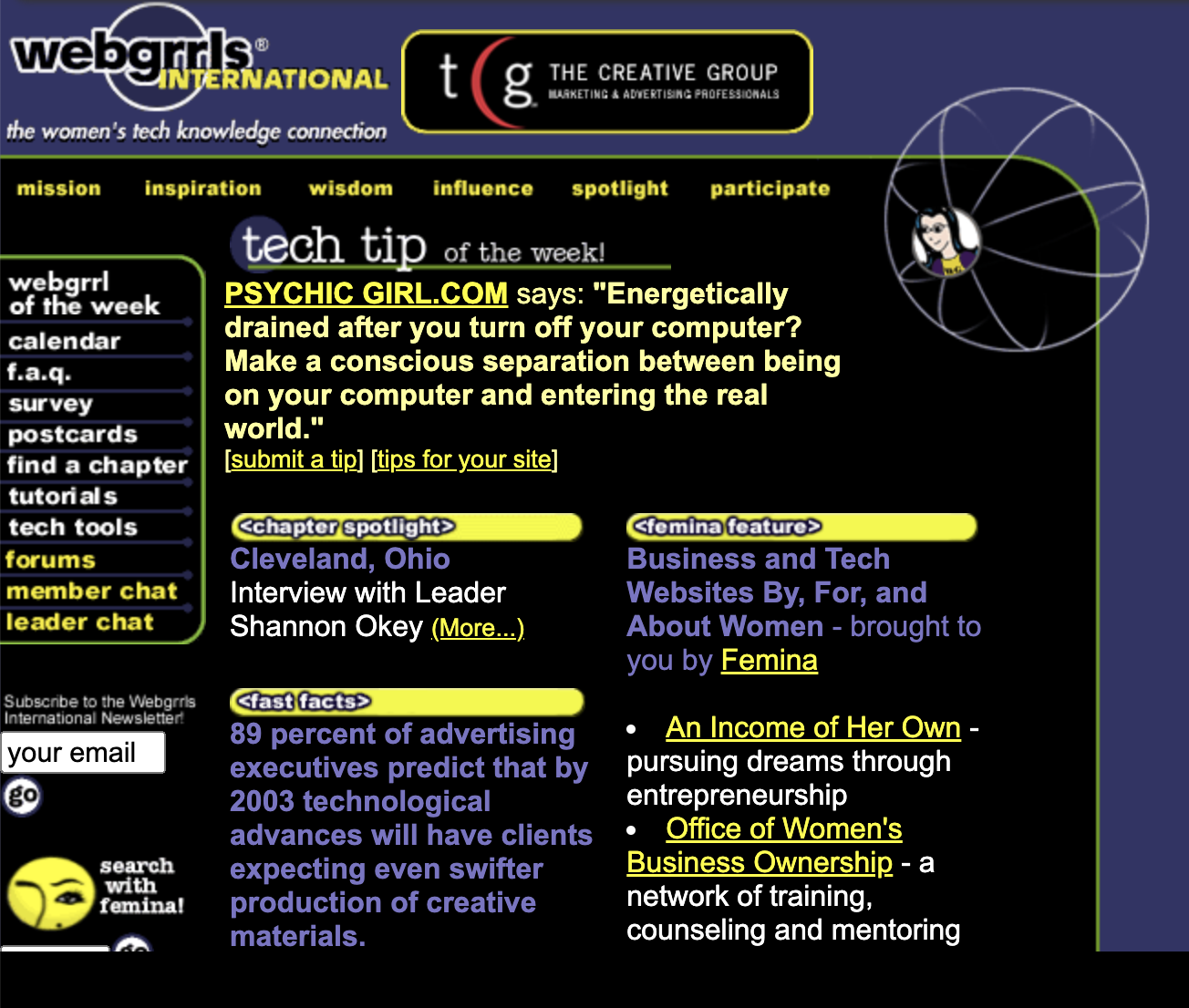
Screenshot of Webgrrls homepage, circa 1999. Via Wayback Machine.
“I think the beauty of Webgrrls is that there is no stereotypical profile of the women involved,” Sherman said in a 2000 Associated Press article. “Each chapter has its own flavor or slant that makes it more diverse. Because of that, a Webgrrl could be a mom with three kids, a girl just going to college, a grandmother starting her own Web design firm, an artist, or an executive. It’s truly that diverse.”[3] In 1998 Sherman wrote her first book, A Woman’s Guide to the World Wide Web.
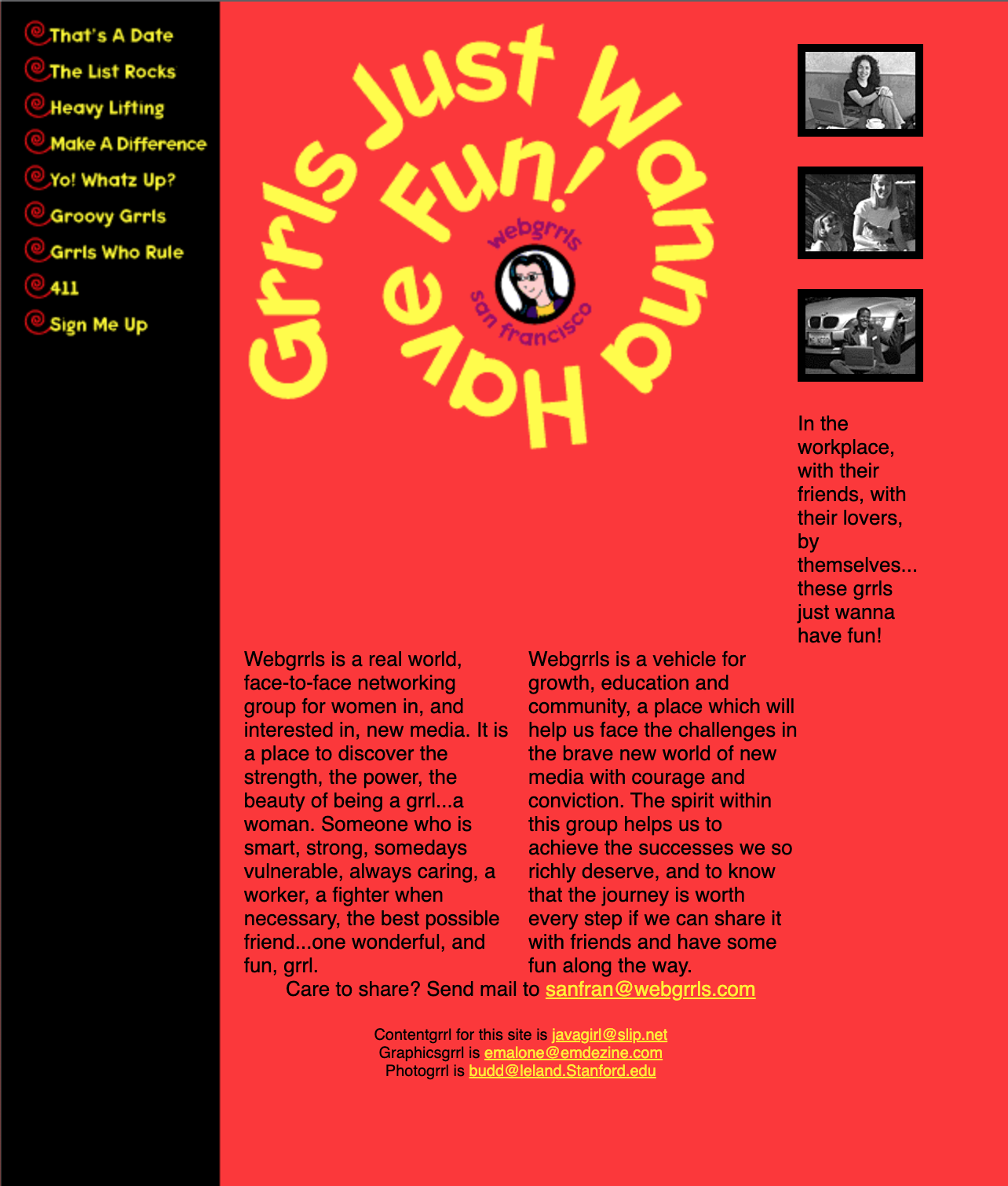
San Francisco Webgrrls site homepage, circa 1997. Designed by Erin Malone. Screenshot from the author’s original HTML files.
In 1995, Newsweek named Sherman one of the “Top 50 People Who Matter Most on the Internet,” but by 2000, several other women-focused sites and communities had entered the market, diluting the organization. iVillage (1995), Women.com, and Oxygen (1998) were the first major venture-backed sites for women across all interests.
In 1999/2000, three of the local chapters seceded; Austin, San Francisco, and Washington, D.C. became HerDomain, San Francisco Women on the Web, and DC Web Women, respectively. In the summer of 2000, dissatisfied Boston members and leaders from other Webgrrls chapters began to leave to create their own initiatives, including Digital Eve, which siphoned off several thousand members. Other organizations cropped up as well which included Women in Technology International, Wired Women, and others with similar goals. Although Women in Technology had been founded in 1989, it saw an influx of members in the dot com boom.
Sherman herself grew burnt out running the organizations and stepped down and moved into other ventures. She left Cybergrrl in the hands of her business partner, Kevin Kennedy, which was problematic for many members and chapters who balked at being an organization for women run by a man. Another issue with the organization was that it was a for-profit corporation, which was problematic for members and volunteers whose labor ran the various chapters.
After she left Cybergrrl, Inc., Sherman traveled around the US in an RV for at least a year and worked in television production and writing articles. Over the years she’s been a digital strategist and marketer, writer, and producer for a variety of organizations as well as a social media strategist.
Sherman’s initial vision for Webgrrls brought many women together to network and helped them get their first jobs in technology. The organization and community helped define part of the dot com boom for thousands of women as they moved into tech spaces.
Footnotes
[1]. “WOMEN HELPING WOMEN BREAK into the WORLD of HIGH-TECH CAREERS,” Buffalo News, February 28, 2001, https://buffalonews.com/news/women-helping-women-break-into-the-world-of-high-tech-careers/article_00846638-eaea-56ce-b9be-0734e09c9c3f.html.
[2]. Aliza Sherman, “Gifts of Speech - Aliza Sherman Talk at SF Webgrrls,” gos.sbc.edu, November 16, 1996, http://gos.sbc.edu/s/sherman.html.
[3]. Associated Press, “Webgrrls -- a Network for High-Tech Women,” Deseret News, May 17, 2000, https://www.deseret.com/2000/5/17/19507093/webgrrls-a-network-for-high-tech-women.
Bibliography
Brown, Janelle. “Who Are You Calling ‘Sister’?” Salon, December 22, 2000. https://www.salon.com/2000/12/21/webgrrls/.
Foundora. “Aliza Sherman Tells Her Startup Story & Speaks about Women Entrepreneurs | Foundora.” foundora.com, 2014. http://foundora.com/post/interview-aliza-sherman-serial-entrepreneur/.
Marrinan, Michele. “WomenTechWorld.org”: womentechworld.org, 2000. http://womentechworld.org/bios/infotech/articles/womens_int.htm.
Press, Associated. “Webgrrls -- a Network for High-Tech Women.” Deseret News, May 17, 2000. https://www.deseret.com/2000/5/17/19507093/webgrrls-a-network-for-high-tech-women.
Sherman, Aliza. “Aliza Sherman, Original Cybergrrl.” Aliza Sherman, Original Cybergrrl. Accessed February 13, 2022. https://alizasherman.wordpress.com.
———. “Gifts of Speech - Aliza Sherman Talk at SF Webgrrls.” gos.sbc.edu, November 16, 1996. http://gos.sbc.edu/s/sherman.html.
Tom, Allison. “CNN.com - Career - Aliza Sherman: Cybergrrl at the Wheel - May 4, 2001.” www.cnn.com, May 4, 2001. http://www.cnn.com/2001/CAREER/jobenvy/05/04/cybergrrl/index.html.
Wharton, Knowledge @. “How Aliza Sherman Went from ‘Cybergrrl’ to EViva.” Knowledge@Wharton, May 24, 2000. https://knowledge.wharton.upenn.edu/article/how-aliza-sherman-went-from-cybergrrl-to-eviva/.
“WOMEN HELPING WOMEN BREAK into the WORLD of HIGH-TECH CAREERS.” Buffalo News, February 28, 2001. https://buffalonews.com/news/women-helping-women-break-into-the-world-of-high-tech-careers/article_00846638-eaea-56ce-b9be-0734e09c9c3f.html.
Selected Stories
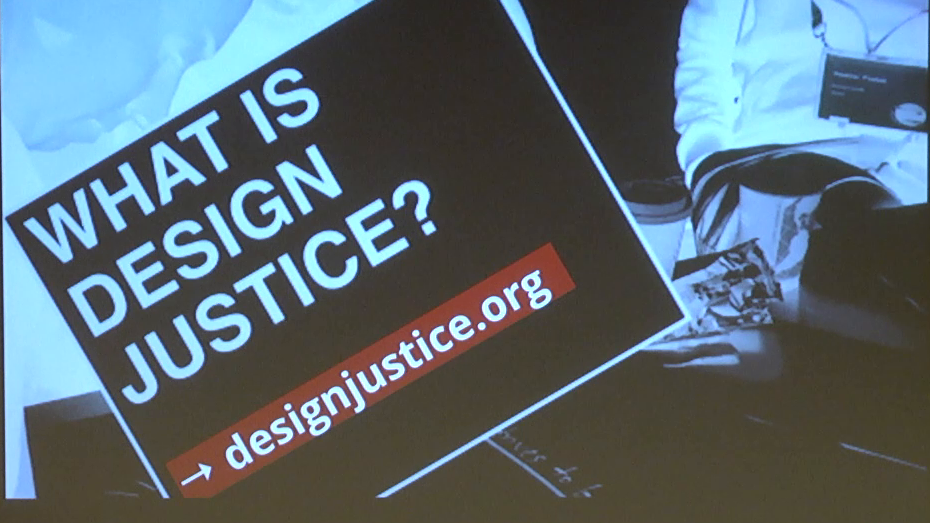
Sasha Costanza-ChockProject type
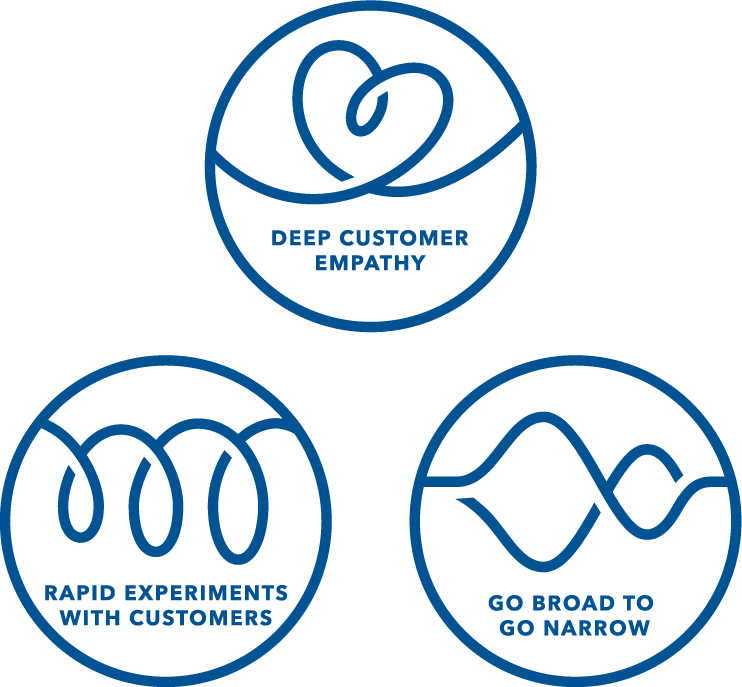
Kaaren HansonProject type
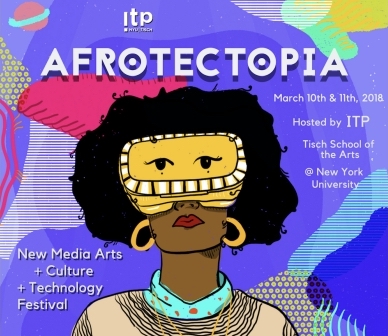
Ari MelencianoProject type

Mizuko Itoresearch
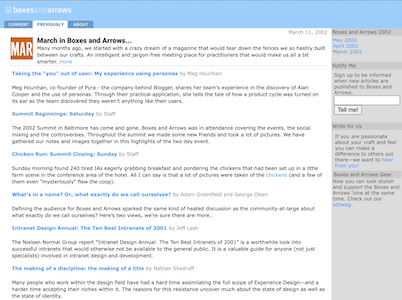
Boxes and ArrowsProject type

Mithula NaikCivic
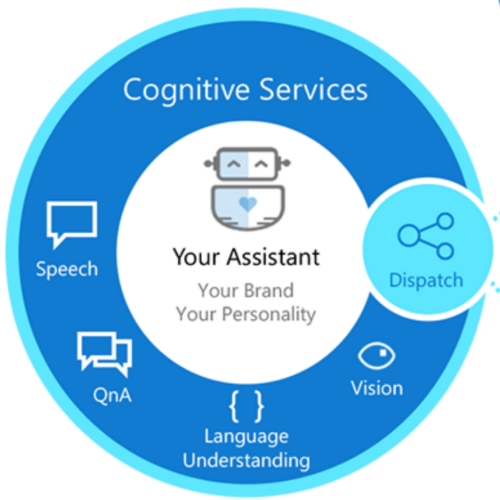
Lili ChengProject type

Ovetta SampsonProject type
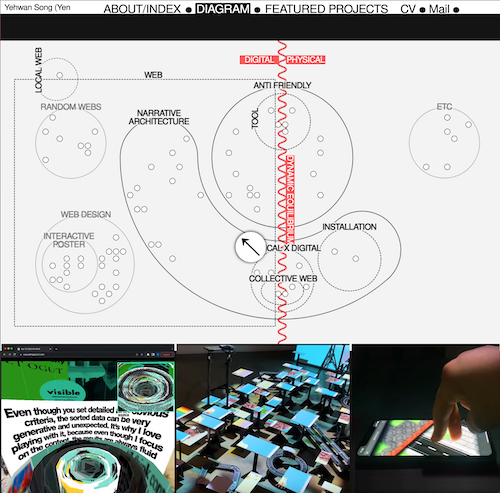
Yehwan SongProject type
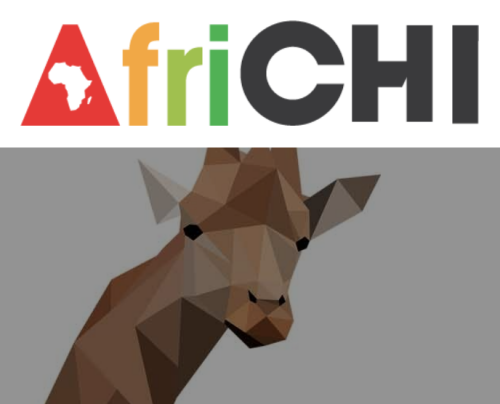
Anicia PetersProject type

Simona MaschiProject type
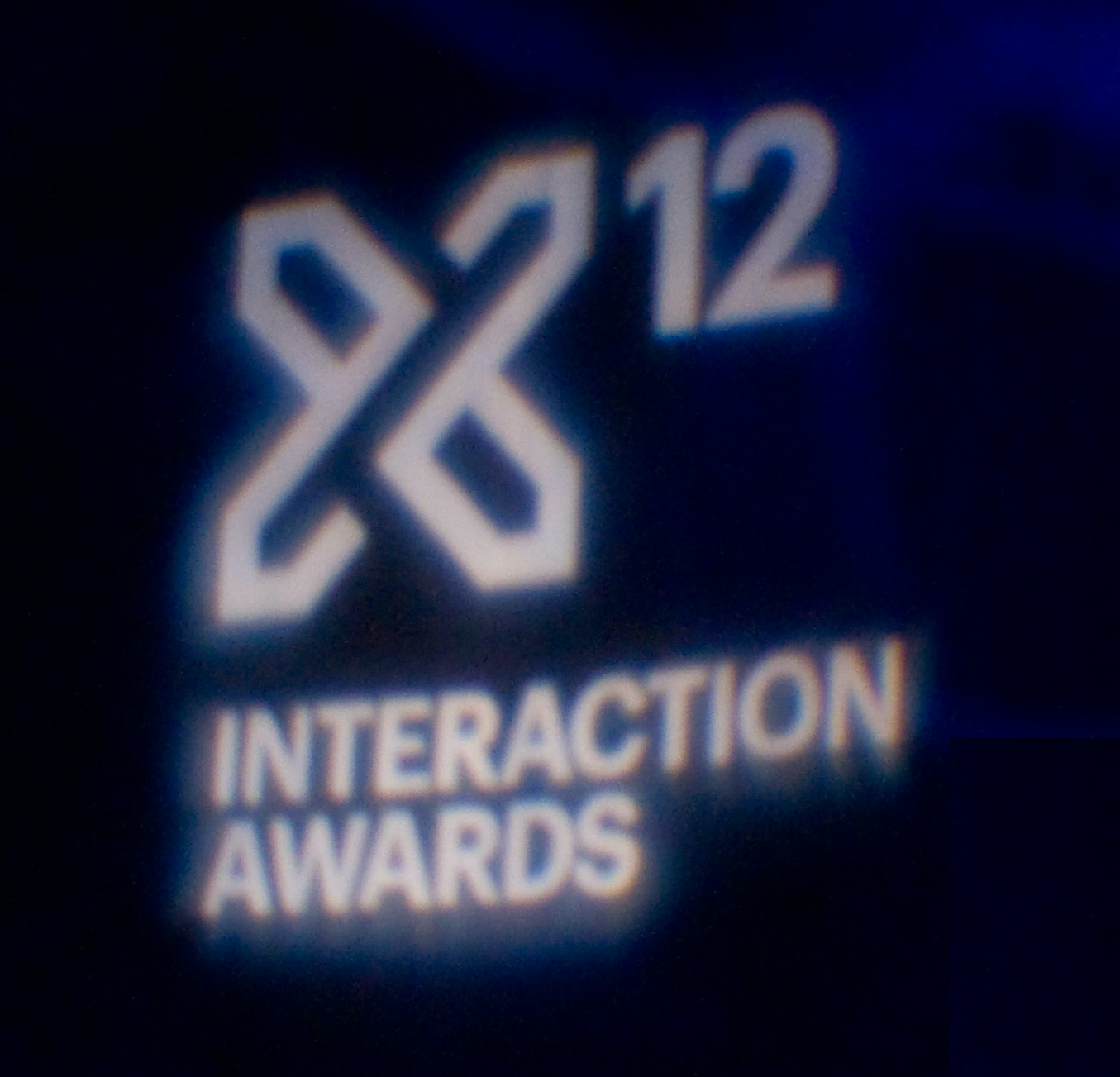
Jennifer BoveProject type
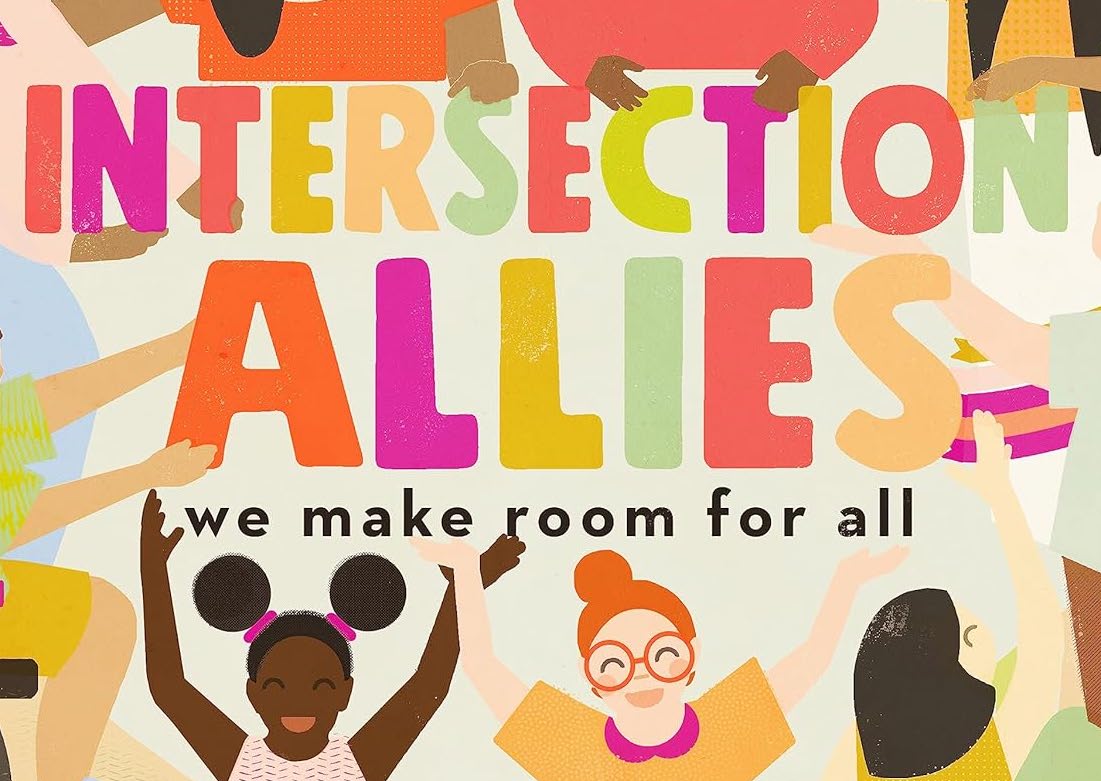
Chelsea JohnsonProject type
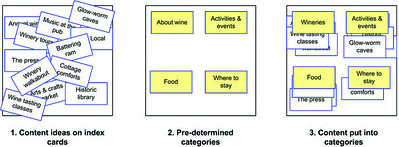
Donna SpencerProject type
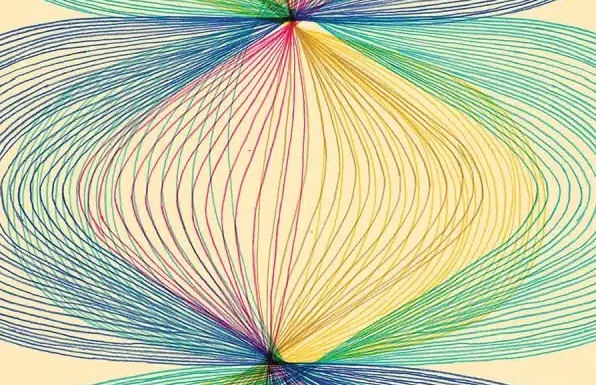
Lisa WelchmanProject type
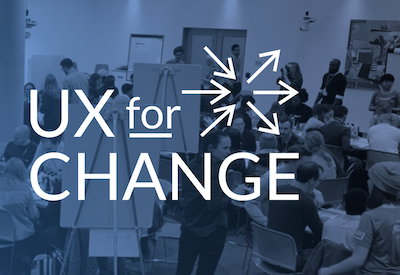
Sandra GonzālesProject type

Amelie LamontProject type

Mitzi OkouProject type

The Failings of the AIGAProject type
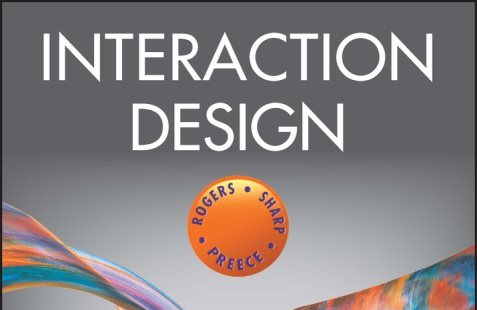
Jenny Preece, Yvonne Rogers, & Helen SharpProject type

Colleen BushellProject type

Aliza Sherman & WebgrrrlsProject type
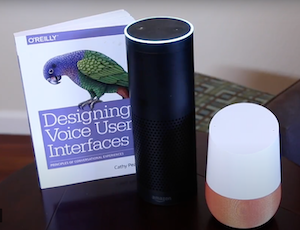
Cathy PearlProject type

Karen HoltzblattProject type
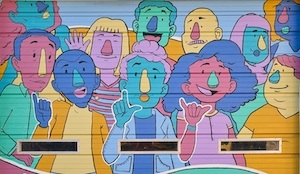
Sabrina DorsainvilProject type
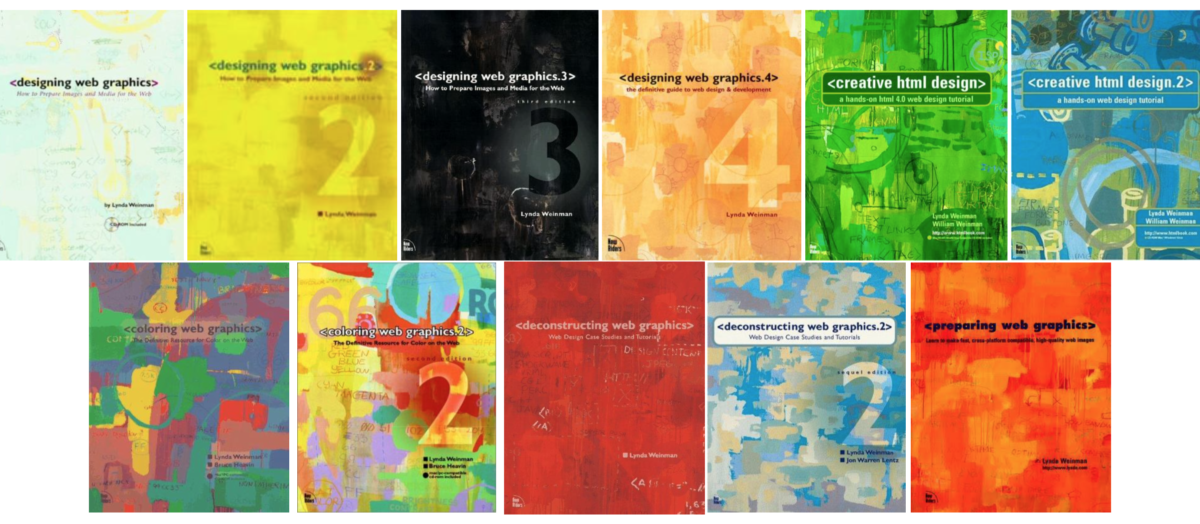
Lynda WeinmanProject type

Irina BlokProject type
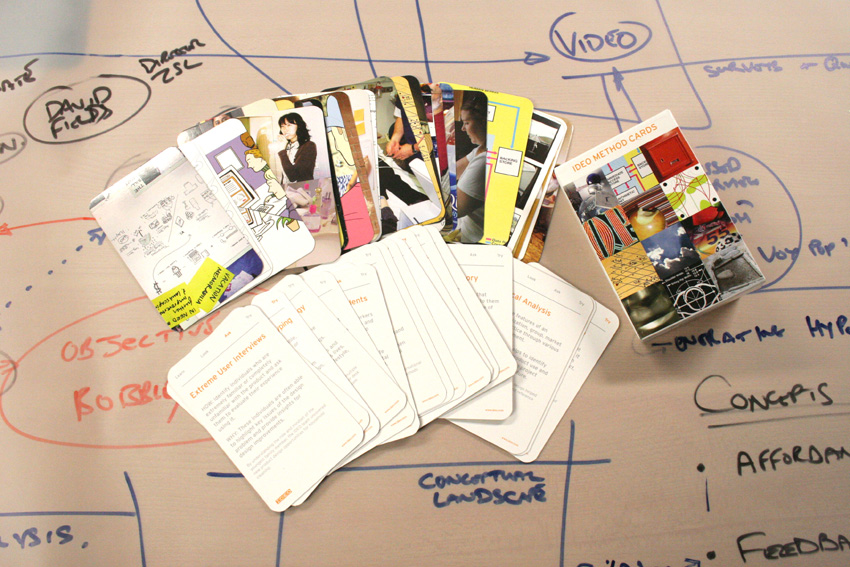
Jane Fulton SuriProject type
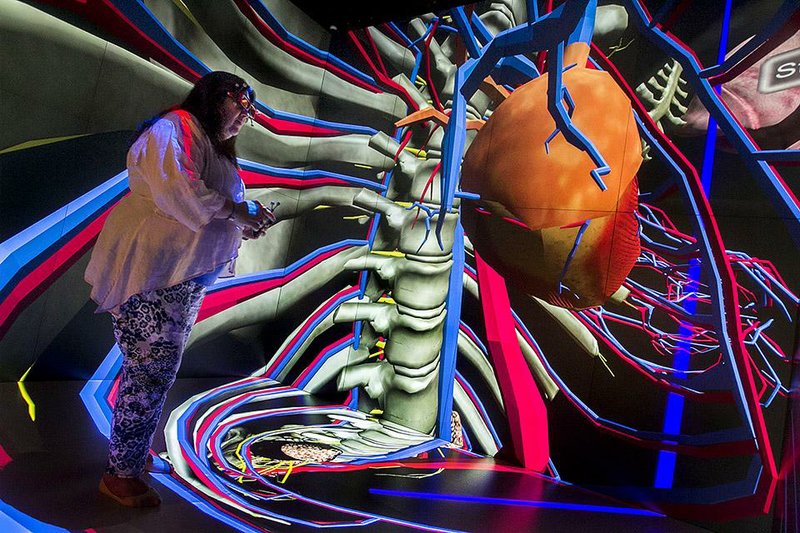
Carolina Cruz-NeiraProject type
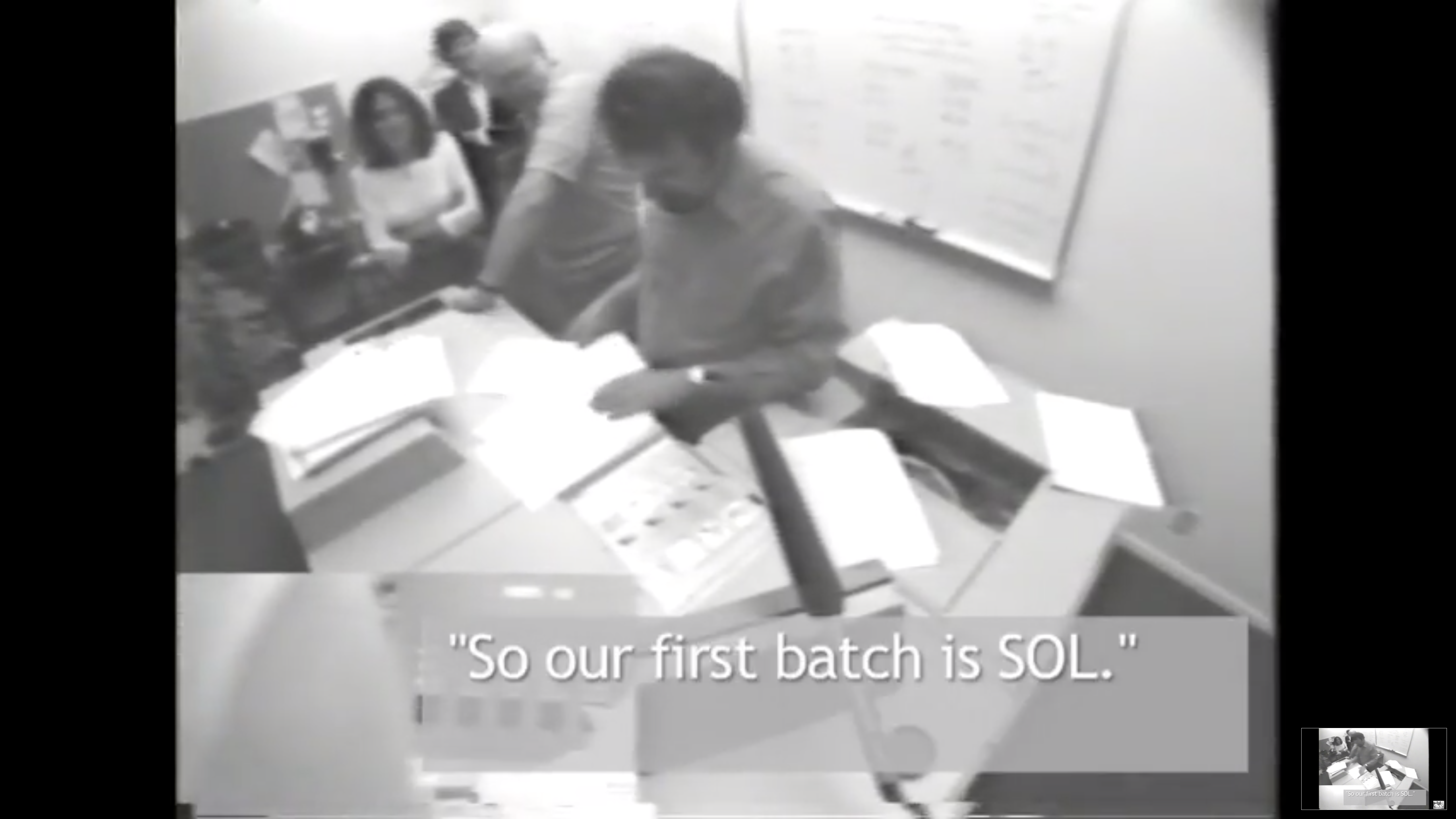
Lucy SuchmanProject type
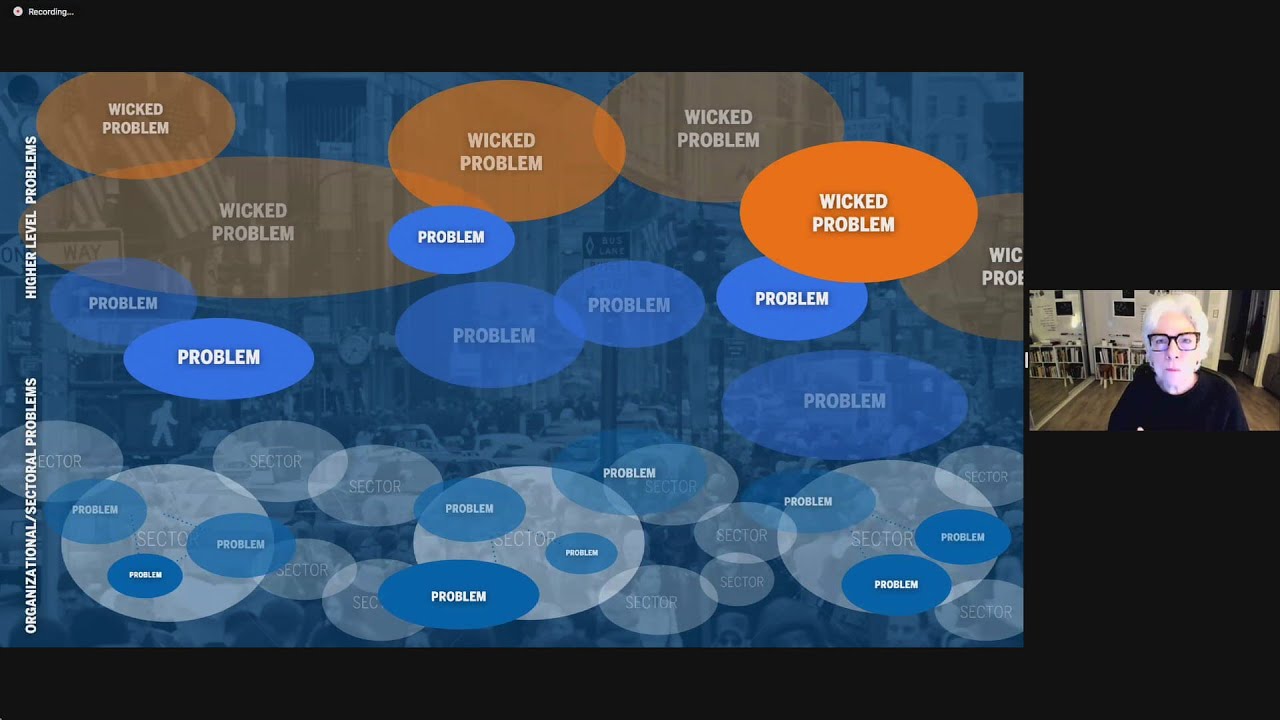
Terry IrwinProject type
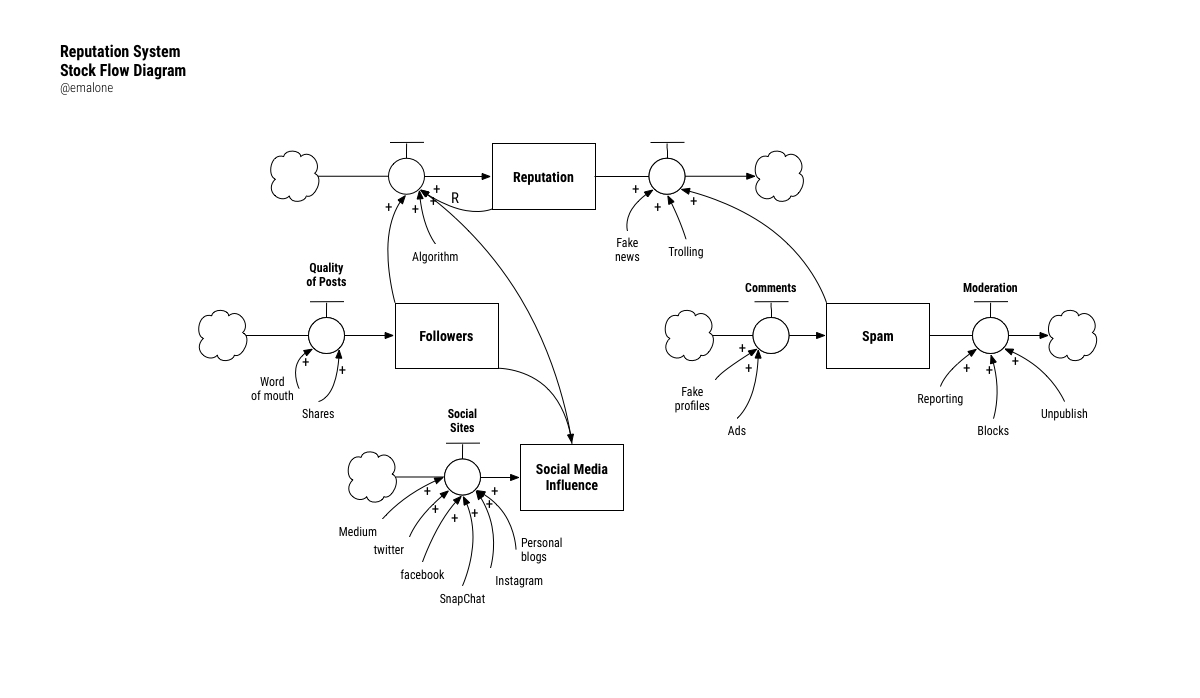
Donella MeadowsProject type
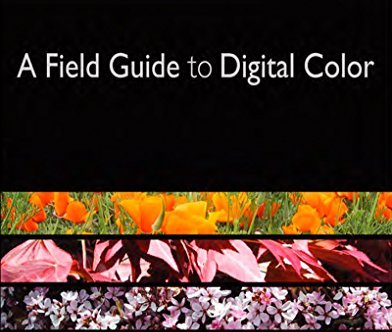
Maureen StoneProject type

Ray EamesProject type
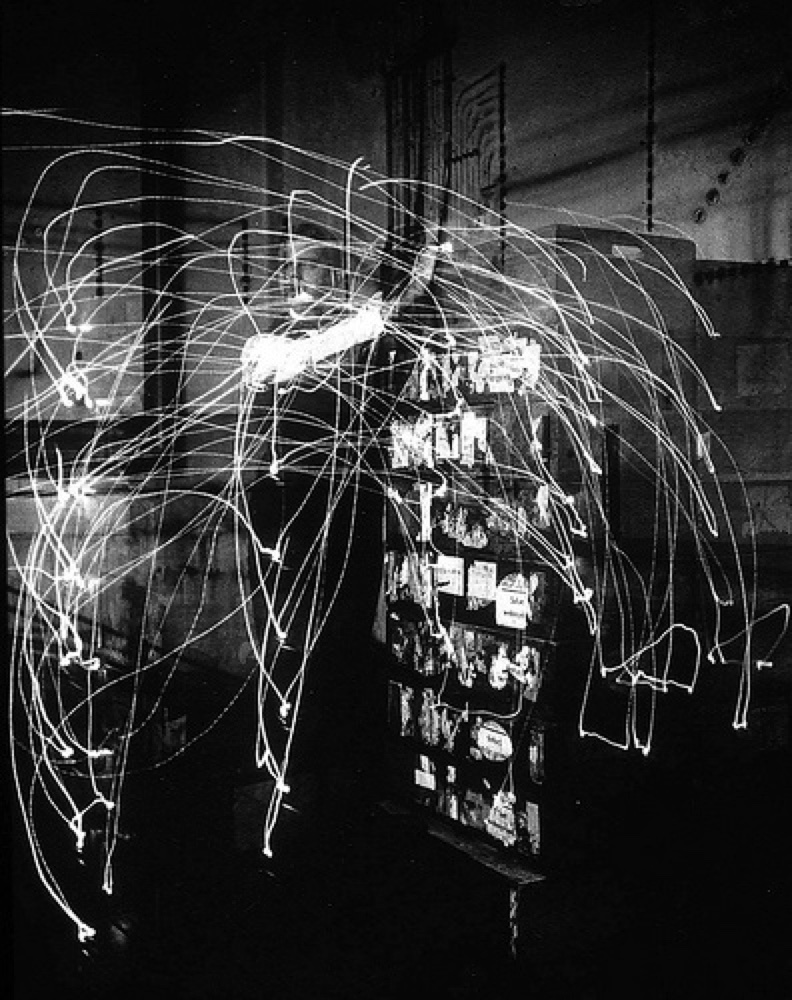
Lillian GilbrethProject type
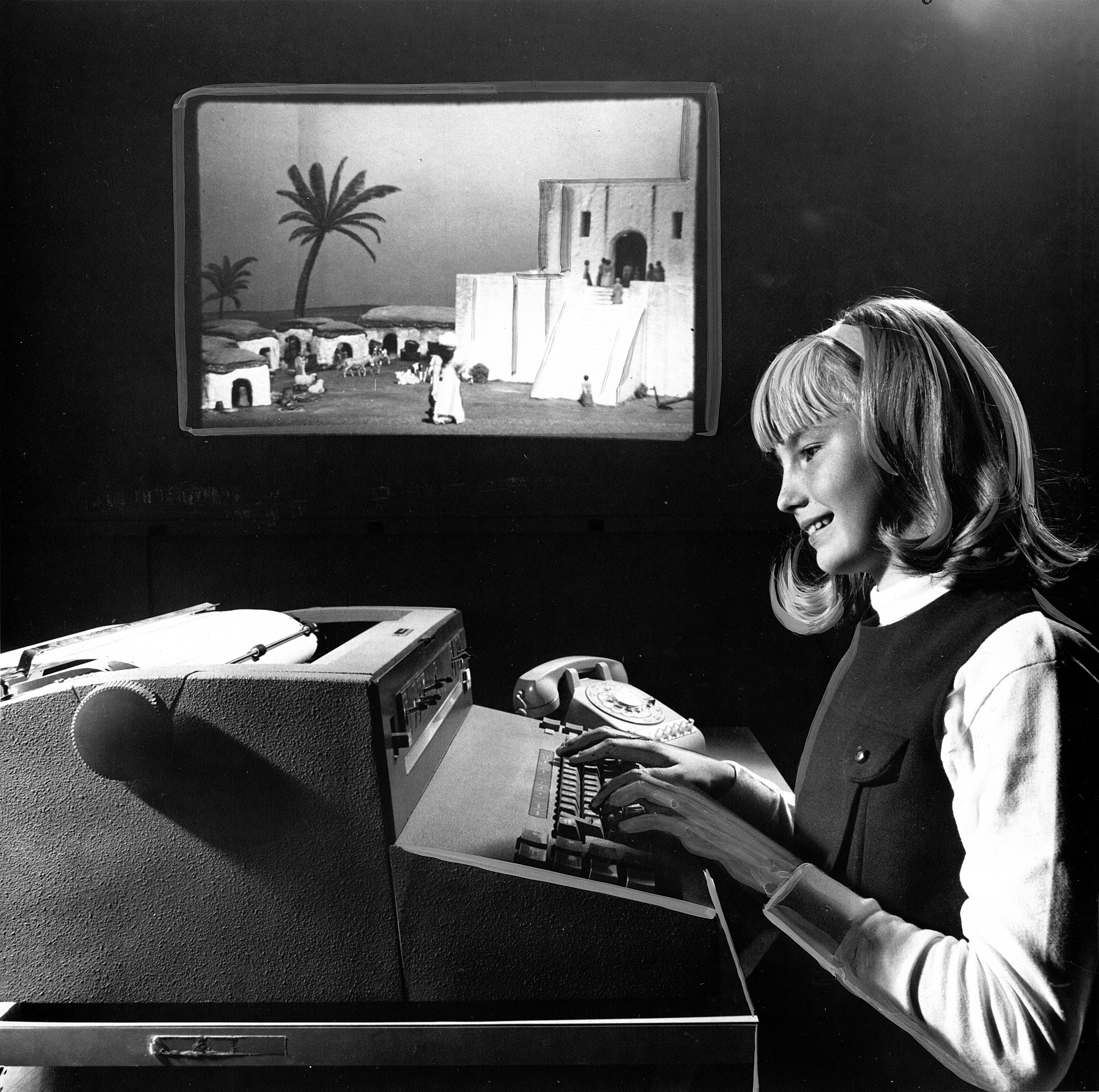
Mabel AddisProject type

Ángela Ruiz RoblesDesigner

